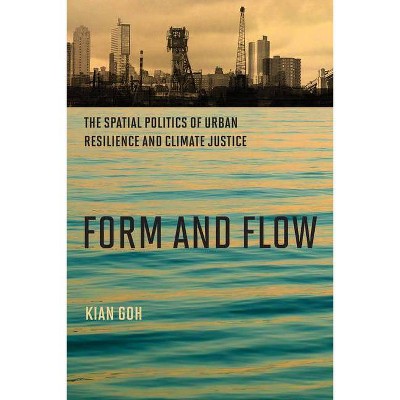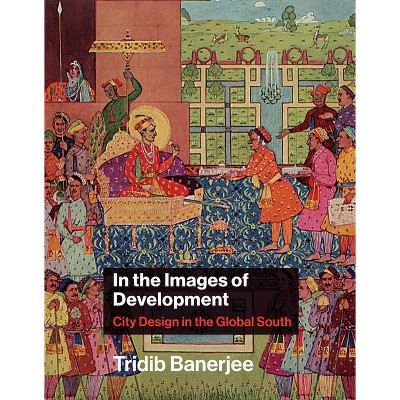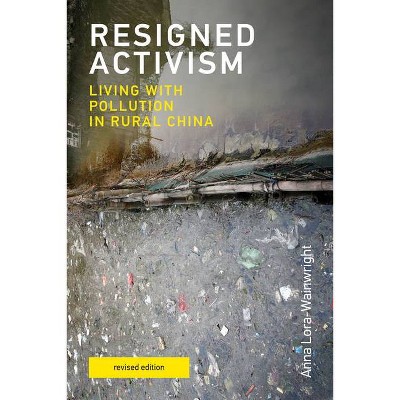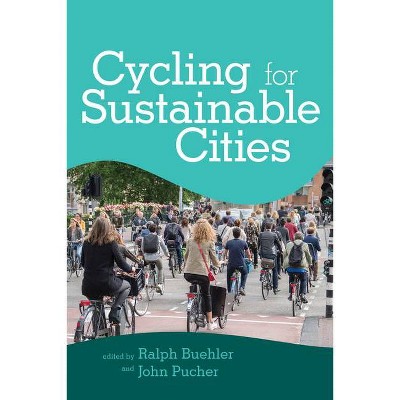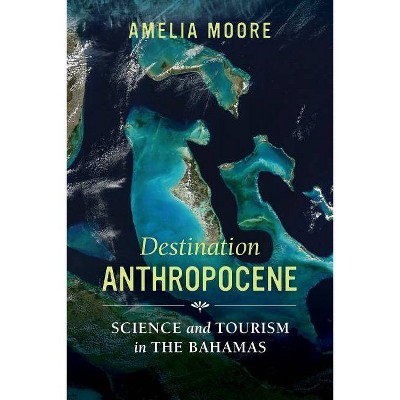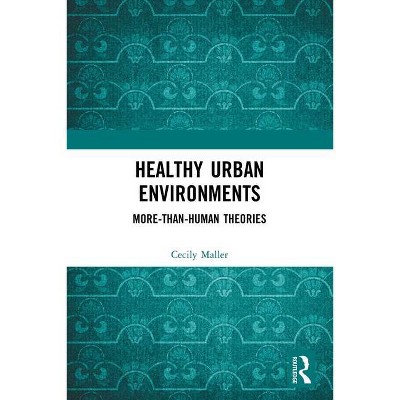Owning the Street - (Urban and Industrial Environments) by Amelia Thorpe (Paperback)
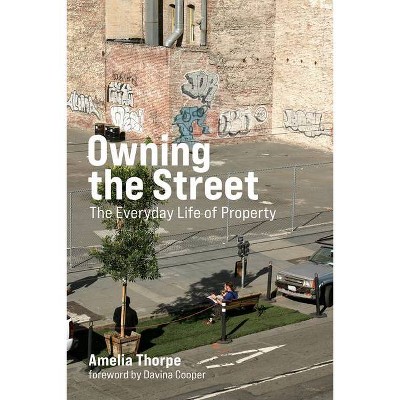
Similar Products
Products of same category from the store
AllProduct info
<p/><br></br><p><b> About the Book </b></p></br></br>"Examines the intimate connection between property and its social and material context through PARK(ing) Day, a loosely-organised international event to reclaim street space from cars"--<p/><br></br><p><b> Book Synopsis </b></p></br></br><b>How local, specific, and personal understandings about belonging, ownership, and agency intersect with law to shape the city.</b> <p/>In <i>Owning the Street</i>, Amelia Thorpe examines everyday experiences of and feelings about property and belonging in contemporary cities. She grounds her account in an empirical study of PARK(ing) Day, an annual event that reclaims street space from cars. A popular and highly recognizable example of DIY Urbanism, PARK(ing) Day has attracted considerable media attention, but has not yet been the subject of close scholarly examination. Focusing on the event's trajectories in San Francisco, Sydney, and Montreal, Thorpe addresses this gap, making use of extensive interview data, field work, and careful reflection to explore these tiny, temporary, and often transformative interventions.<p/><br></br><p><b> Review Quotes </b></p></br></br><br><i>Owning the Street: The Everyday Life of Property</i> is invaluable for everyone interested in the future of cities and especially for those in search of novel ways to radically accomplish incremental change through continued civic creativity, committed talent, and dedication.--<i>Landscape Journal</i> <i><br></i> <p/>Interrelationships between sociology, law and planning are not much explored in scholarly and professional fields of planning, to put it mildly. Amelia Thorpe's publication, <i>Owning the Street</i>, gives a wonderful demonstration of the significance of adopting just such an interdisciplinary perspective. [ . . . ] This inspiring book must be used and discussed in bachelor or master classes of planning schools.--<i><i>Planning Theory</i></i> <br><i><i><br></i></i> <br><i><i></i></i>Amelia Thorpe's <i>Owning the Street: The Everyday Life of Property</i> is a thought-provoking scholarship on the role of user-generated urbanism in shaping the contemporary metropolis. [ . . . ] Thorpe weaves magic through her captivating story-telling style backed by state-of-the-art research to elucidate the role of PARK(ing) Day as a compelling idea which disrupts the status quo to be a zeitgeist, which could revolutionise the contemporary socio-political discourse and inspire the readers to work for a sustainable future.--<i>Emotion, Space and Society</i><br><p/><br></br><p><b> About the Author </b></p></br></br>Amelia Thorpe is Associate Professor in Law at the University of New South Wales.
Price History
Price Archive shows prices from various stores, lets you see history and find the cheapest. There is no actual sale on the website. For all support, inquiry and suggestion messages communication@pricearchive.us
